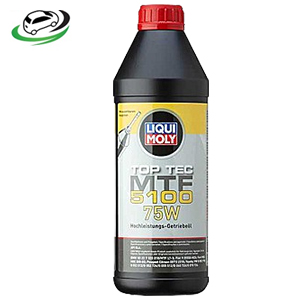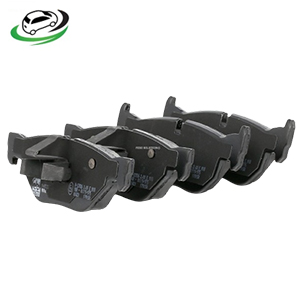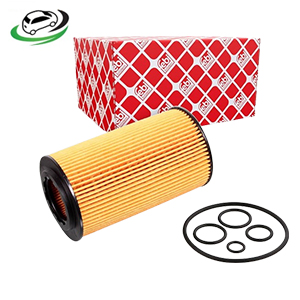-20%
Get Mercedes Benz CD1 / 300-350 Oil Filter 32910 in Kenya
Oil filters play a crucial role in maintaining the health and longevity of a vehicle’s engine by removing contaminants from the engine oil. Here are some of the key benefits of oil filters and signs that indicate a car may need a new one:
Benefits of Oil Filters:
-
Engine Protection
- Contaminant Removal: Oil filters trap contaminants such as dirt, metal particles, carbon deposits, and sludge, preventing them from circulating through the engine. This reduces wear and tear on engine components.
- Reduced Wear: By filtering out abrasive particles, oil filters minimize the friction between moving parts, leading to less mechanical wear and a longer engine lifespan.
2. Improved Engine Performance
- Enhanced Lubrication: Clean oil ensures better lubrication of engine parts, reducing friction and improving overall engine efficiency and performance.
- Maintained Oil Flow: High-quality oil filters prevent clogging and ensure a consistent flow of oil, which is crucial for maintaining optimal engine temperature and performance.
3. Increased Engine Longevity
- Reduced Component Failure: By keeping the oil clean, filters reduce the risk of premature engine component failure, which can result from the accumulation of contaminants.
- Prolonged Engine Life: Consistently filtered oil extends the lifespan of critical engine components such as bearings, pistons, and cylinders.
4. Cost Savings
- Lower Maintenance Costs: Regularly replacing oil filters can prevent costly repairs and breakdowns caused by contaminated oil damaging the engine.
- Extended Oil Life: Effective filtration allows the engine oil to maintain its properties for a longer period, potentially extending the intervals between oil changes and reducing maintenance costs.
5. Environmental Benefits
- Reduced Emissions: Clean oil contributes to more efficient combustion, which can lead to lower emissions and a reduced environmental footprint.
- Proper Disposal: Used oil filters can be recycled, preventing the disposal of contaminated oil into the environment.
6. Enhanced Fuel Efficiency
- Optimal Engine Operation: With clean oil, the engine operates more efficiently, which can improve fuel economy by reducing the energy required to overcome friction and wear.
7. Heat Regulation
- Temperature Control: Oil filters help in maintaining the proper oil viscosity by removing contaminants that can cause oil to degrade and lose its cooling properties, thereby aiding in better heat dissipation and engine temperature control.
8. Operational Reliability
- Consistent Performance: Reliable oil filters ensure that the engine operates smoothly under various conditions, reducing the likelihood of unexpected engine issues and downtime.
- Engine Safety: By preventing clogging and ensuring the continuous flow of clean oil, oil filters safeguard the engine against potential damage caused by oil starvation.
9. Improved Oil Pressure
- Stable Oil Pressure: Clean oil allows for more stable and optimal oil pressure within the engine, which is crucial for the proper functioning of hydraulic lifters, camshaft phasers, and other components that rely on oil pressure.
Signs a Car Needs a New Oil Filter:
- Dirty or Dark Engine Oil: If the engine oil appears dirty or dark, it may indicate that the oil filter is not effectively removing contaminants. Changing both the oil and the filter is recommended in such cases.
- Decreased Oil Pressure: A sudden drop in oil pressure can be a sign of a clogged oil filter. Reduced oil pressure may lead to inadequate lubrication of engine components, potentially causing damage.
- Engine Noise: Unusual noises coming from the engine, such as ticking or knocking sounds, can indicate insufficient lubrication due to a clogged oil filter. Addressing this issue promptly can prevent engine damage.
- Check Engine Light: The illumination of the check engine light on the dashboard may indicate various engine problems, including issues related to oil pressure or lubrication. A clogged oil filter could contribute to such issues.
- Poor Engine Performance: A clogged oil filter can restrict the flow of oil to critical engine components, leading to reduced performance, decreased fuel efficiency, and even engine stalling or hesitation.
- Visible Damage: Inspecting the oil filter during routine maintenance or oil changes may reveal signs of damage or excessive contamination. If the filter appears damaged or excessively dirty, it should be replaced promptly.
- Maintenance Schedule: Following the manufacturer’s recommended maintenance schedule is essential for ensuring the proper functioning of the oil filter and preserving engine health. Regularly replacing the oil filter at specified intervals helps maintain optimal engine performance and reliability.
Follow us o Facebook for more parts.



